Change language:
Indian education programme captivates Hungarian children – Interview

Who would have thought that the abacus would make such a return! You know, the noisy object with the beads that you learned to calculate on when you were a kid 🙂 Well, it is one of the key elements of Brainobrain, an award-winning educational method that is here to conquer Hungary after succeeding in many countries of the world.
Brainobrain is a skill development course based on the principles of abacus calculations. The course provides a solid learning foundation for addition, subtraction, multiplication and division and works to improve problem-solving and logical reasoning abilities, sharpen concentration and listening skills and help develop confidence and self-esteem.
“We all know Darwin’s rule: in order to survive, we need to adapt. But this is very difficult in our ever-changing world. The changes call for new skills and competencies, and it is increasingly hard for parents to decide what their children should learn. What they can do is help them improve their skills, which is a good approach to entering real life” says Tamás Czeglédi, Co-owner of Brainobrain Hungary.
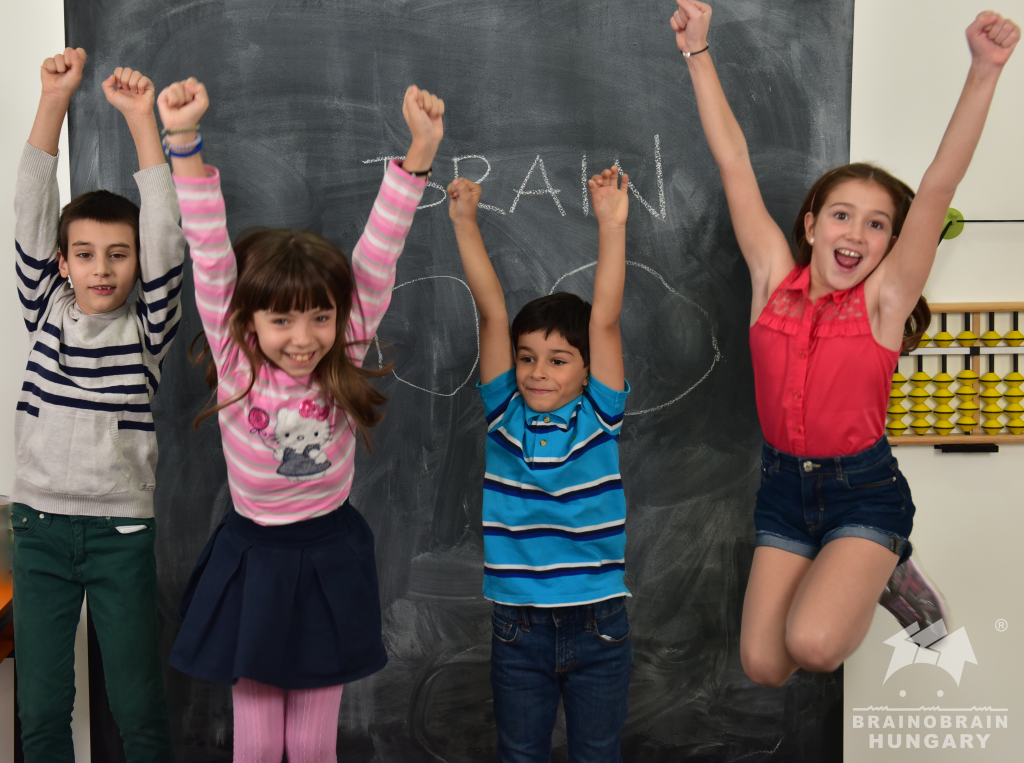
“Exactly. We embrace kids’ creativity, improve their focus and offer brain development in general, using both sides of the brain. The course is based on the so-called VAK methodology, meaning that children learn to visualise the abacus beads (Visual sense), use our special words (Auditory sense) while also touching the beads (Kinetic sense)” adds Panda Stojanovska, Managing director of Brainobrain Hungary.
The programme stimulates young minds using the abacus and mental arithmetic in a way that children find engaging and fun.
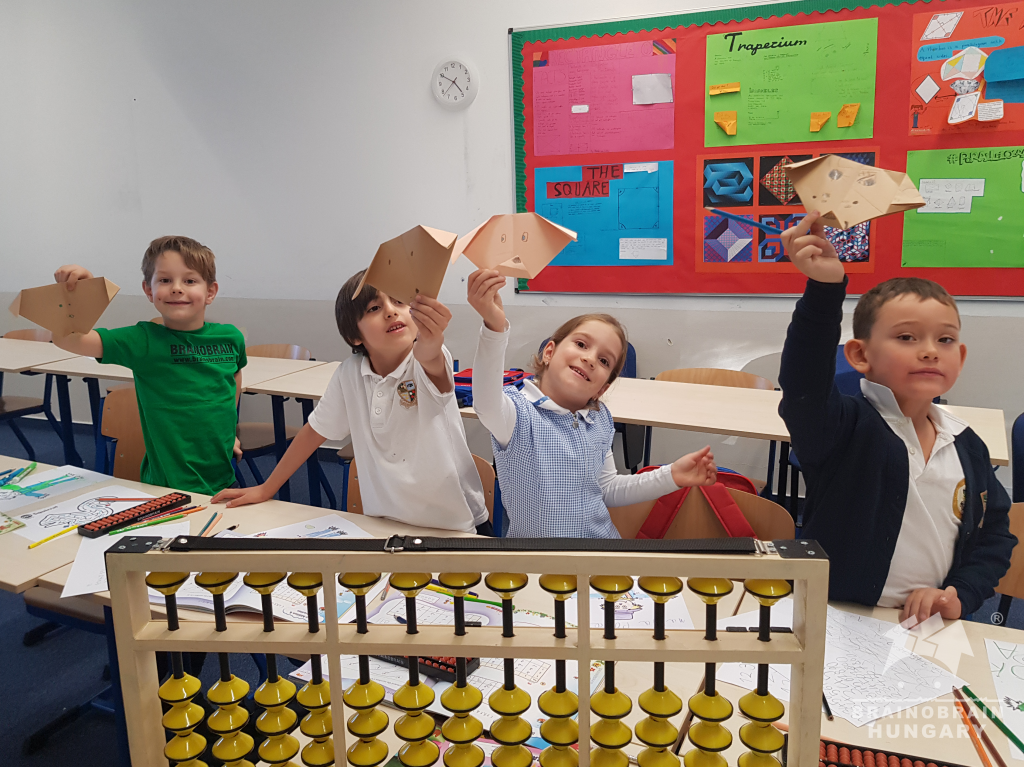
“Talent management is very important in all cases, let your children be ahead of the class or lagging a bit behind. If you want your child to develop at his/her own pace, you need to have some kind of special education or unique approach” highlights Tamás Czeglédi. 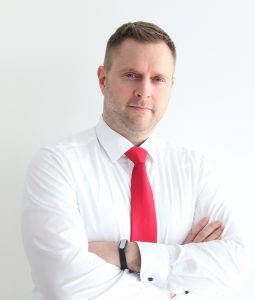
Furthermore, Brainobrain is the only programme for children which includes the principles of neuro-linguistic programming (NLP). Mastering these techniques allows children to have more confidence, to understand themselves better and to communicate with others more easily.
“The approach is not ‘This is a phone’, but asking them ‘What is this?’ We encourage them to think and express their opinion” explains Panda Stojanovska.
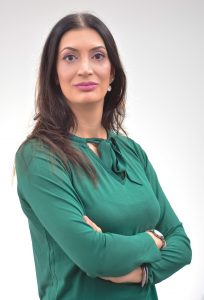
The method actually comes from India and was chosen as the Best Kids Education Brand at the International Icon Awards in 2017. It also holds a Guinness World Record (Largest Abacus lesson with 873 students).
“Anybody can join our free trial lessons to get a better understanding of the programme. We are in partnership with Britannica International School and the International School of Budapest. We also have offices in both Buda and Pest. Moreover, we are looking for people who would like to work with us, either by learning about the method or opening their own schools.”
[box type=”info”] Brainobrain offers two different courses. Little Bobs is for kids between the ages of 4 and 6. This program has 4 levels, and each level lasts for 3 months. Meanwhile, the Brainobrain course targets the 7-14 age group, but the groups are made based on the age of the children. This programme has 10 levels, and each level lasts for 3 months. After each level, pupils have a test, and they get an internationally recognised certificate. The courses are taught in both English and Hungarian.[/box]
You can find Brainobrain on Facebook and all the details are available on their website www.brainobrain.hu.
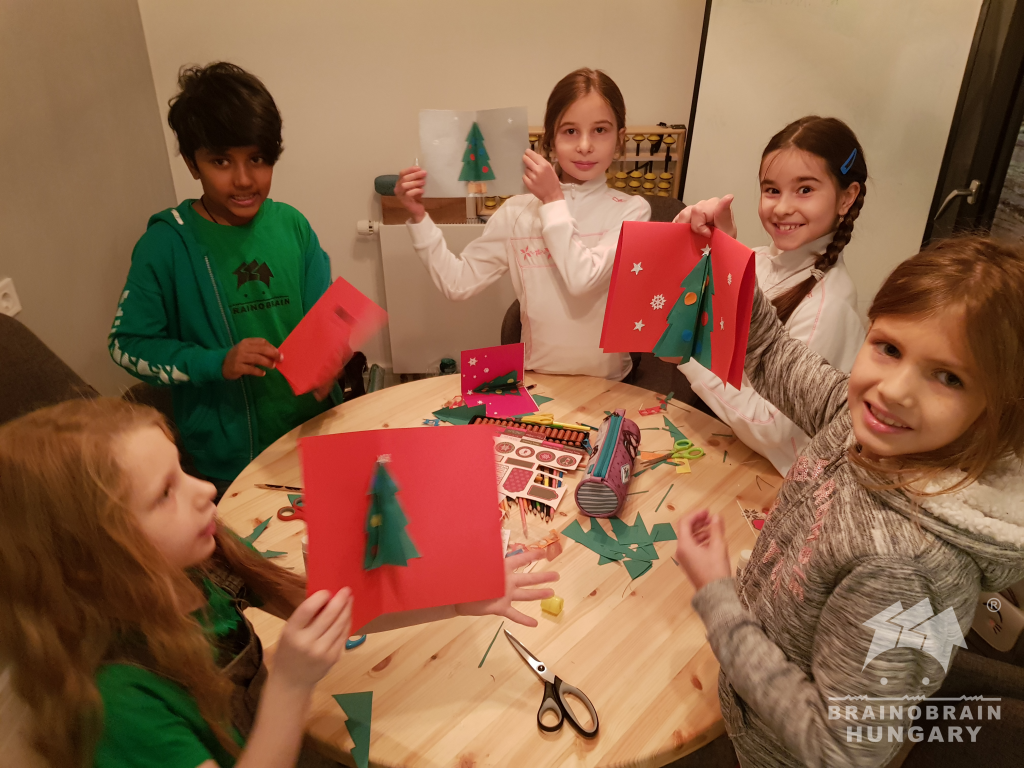
Featured image: Brainobrain Hungary
Source: Daily News Hungary








As a mother of a child who is attending Brainobrain’s Little bobs programme, I can truly express my satisfaction with the principles of the method and the way my child responds to it. He is happy and egar to learn, he is stimulated to think logicaly and the teacher has a great aproach in order to keep the kids interested and involved. Keep up the amazing work!
As a mother of a child who attends the Braionobrain’s Little Bobs program, I find it very stimulating for my son and it encourages him to think and solve mathematical problems very easily and quickly. I am very satisfied with the method of learning and the teacher’s approach, who always keeps the pupils interested and involved in the curriculum. The most important thing is that my son is happy there, eager to attend and advances intellectually.